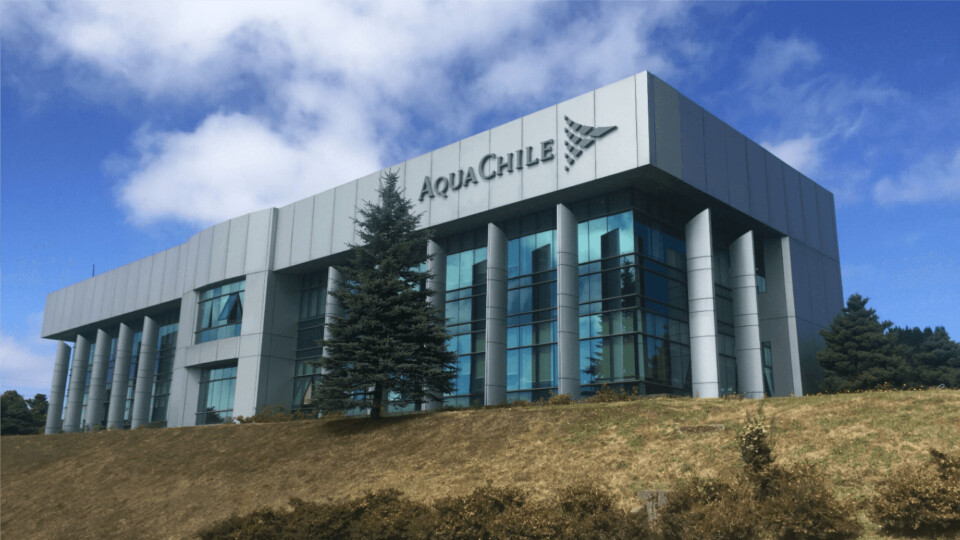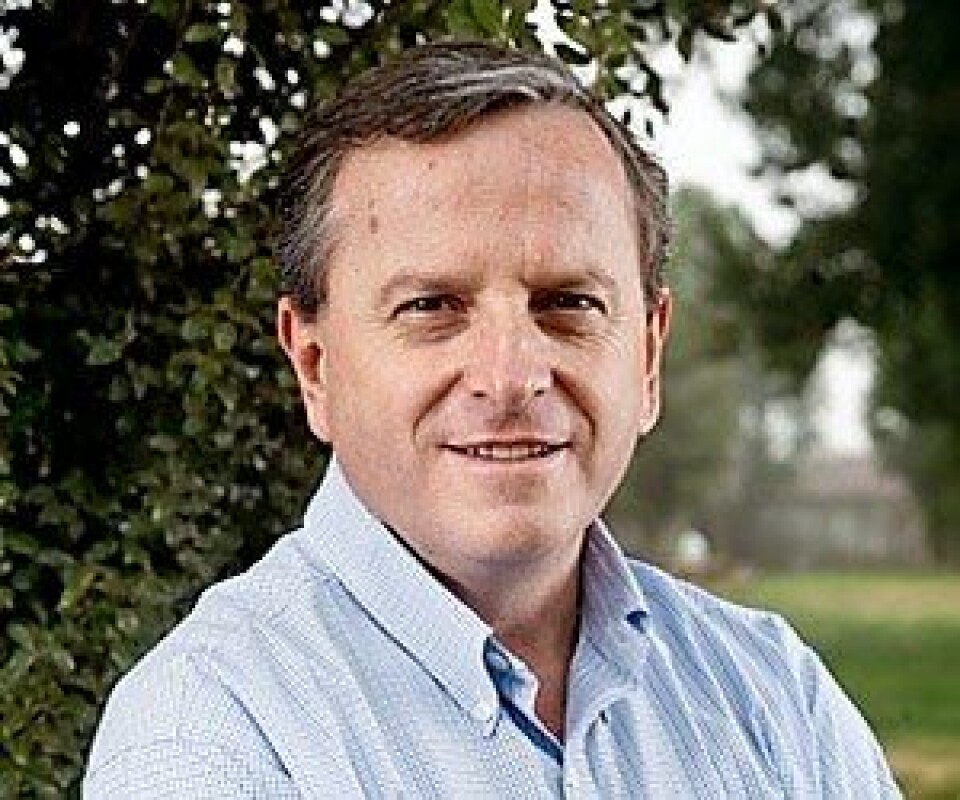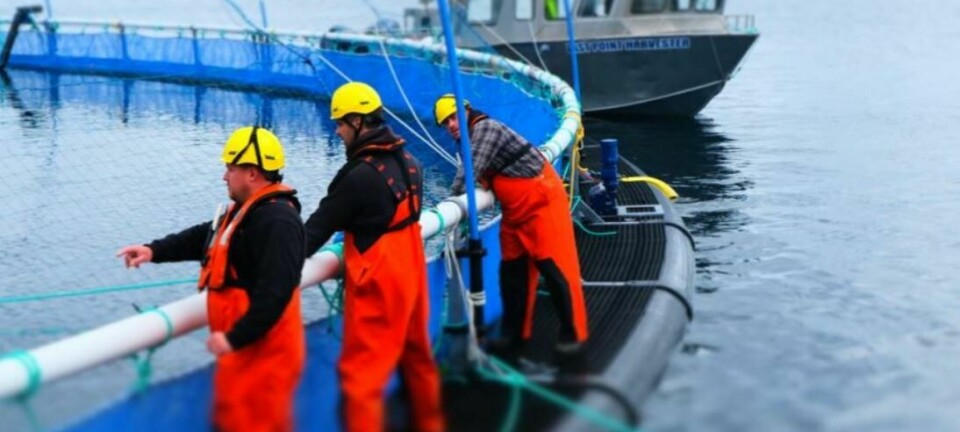
Executives named for world’s second-largest salmon farmer
A management framework has been worked out for the four Chilean companies that are being merged to become the world’s second-largest salmon farmer.
Los Fiordos, Friosur, AquaChile and Salmones Magallanes will be consolidated under the name AquaChile and will be led by AquaChile president José Guzmán.
Sady Delgado, former general manager of Los Fiordos, will assume the role of general manager. Departmental managers José Manuel Schwerter (production), Joachim Wessel (production services), Vicente de la Cruz (commercial), Juan Pablo Rodríguez (industrial), Francisco Lepeley (administration and finance) and Javiera Salamanca (people), will report directly to Delgado.

A single company
“We want to form a single large company, integrating human teams, brands, customer networks, production systems and information, among other aspects,” said Guzmán.
“This will allow us to generate synergies to make salmon production in Chile and the world more efficient and sustainable, contributing to the development of the geographical areas where we operate, delivering the highest levels of service to our customers, and offering a high product portfolio.”
The new company is the culmination of a series of acquisitions in the Chilean industry.
Los Fiordos, the salmon farming arm of agricultural giant Agrosuper, bought Salmones Friosur at around the same time that Aquachile agreed to buy Salmones Magallanes before itself agreeing to be bought out by Agrosuper.
The enlarged AquaChile will produce more than 230,000 tonnes annually, more than the total output of all the companies in either Scotland or Canada. This makes it by far the largest company in the sector in Chile and the second-largest company in the world, after Norway-based Mowi.
Agrosuper, which produces, distributes and markets fresh and frozen pork, poultry and processed products such as sausages as well as salmon, generated total revenues of US$2.5 billion in 2018 – almost half the value of all of Chile’s salmon exports, which reached US$5,157 million.





















































